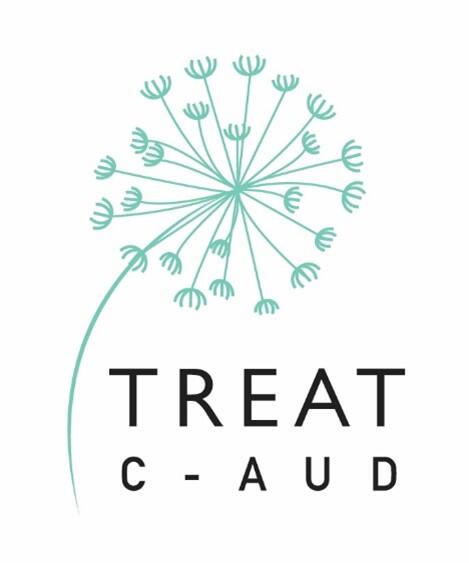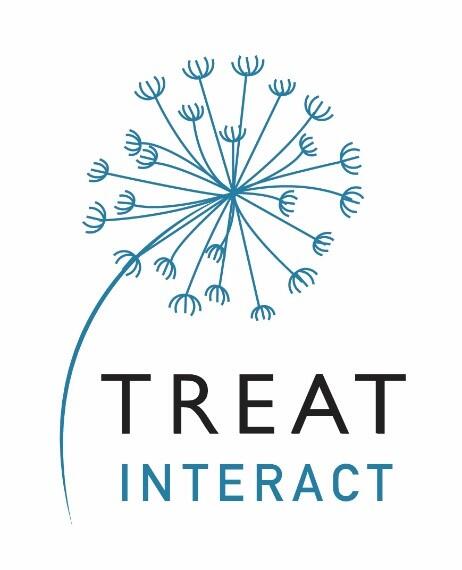The TREAT CONSORTIUM presents results
The TREAT CONSORTIUM presented five oral abstracts at the Bold Ideas for Brighter Futures Conference in Stockholm 15-16 May 2024
Main content
The TREAT CONSORTIUM presented five oral abstracts at the Bold Ideas for Brighter Futures Conference in Stockholm 15-16 May 2024 from our two research projects:
- TREAT Child Alcohol Use Disorder (C-AUD) in Eastern Uganda: Screening, diagnostics, risk factors and handling of children drinking alcohol (2019-2024 ), and
- TREAT INTERACT Implementing a user involved education- and health system interactive task-shifting approach for child mental health promotion in Uganda.
The abstract book is available. The symposium on substance use and mental health was chaired by Ingunn Marie S. Engebretsen and Sagun Pant.
Vilde Skylstad gave an overview on initiation of alcohol and drug use before adolescence in sub-Saharan Africa (10 countries) based on the Global School-based Student Health Survey data. She estimated a prevalence of 9.5% for alcohol and 5.5% for harder drug use before the age of 10. Worse status in homes, schools and the children’s health were seen for those starting early. Early substance use constitutes a significant, but ignored public health issue.
Harriet Aber-Odonga thus asked the pertinent question if caregivers in low-resource settings seek help for their substance-using children? She investigated this among more than 1000 caregivers in Eastern Uganda and found that help-seeking behaviour was scarce although they reported problematic use among their children.
Neda Valeckaite investigated the school curriculum and education on substance use in Ugandan schools identifying a largely danger focused rhetoric to deter learners from drinking and avoid contact with drinking peers. This may increase stigma and access to care for children having problematic use and may only serve as a short term preventive mechanism.
In a second oral presentation, Valeckaite presented an analysis of the schools’ roles in teaching and addressing mental health where she identified emotional stress as less emphasized by the teachers, and more emphasized by the learners who said it could lead to suicide. Teachers gave more emphasis to brain organic explanations including substance use. Also, the teachers felt disempowered when their counselling did not yield results.

Picture: Harriet Aber-Odonga presenting help-seeking practices for substance use in Uganda with Vilde Skylstad (middle) and Neda Valeckaite (left) in the panel.
Nora Braathu followed up with the role of stigma in the help-seeking process. Her presentation addressed factors associated with mental health stigma among caregivers of primary school children and their teachers. The study involved 732 caretakers and 191 teachers from 18 primary schools in Mbale, Uganda. Results showed that lower levels of mental health knowledge and higher frequencies of psychological aggression predicted higher levels of stigma, while age, sex, and income did not. Additionally, higher caregiver education was associated with lower levels of mental health stigma. These findings highlight the need for targeted interventions to reduce stigma and support child mental health.

Picture: Nora Braathu presenting how stigma can be reduced by addressing mental health literacy increased among teachers and caregivers.


